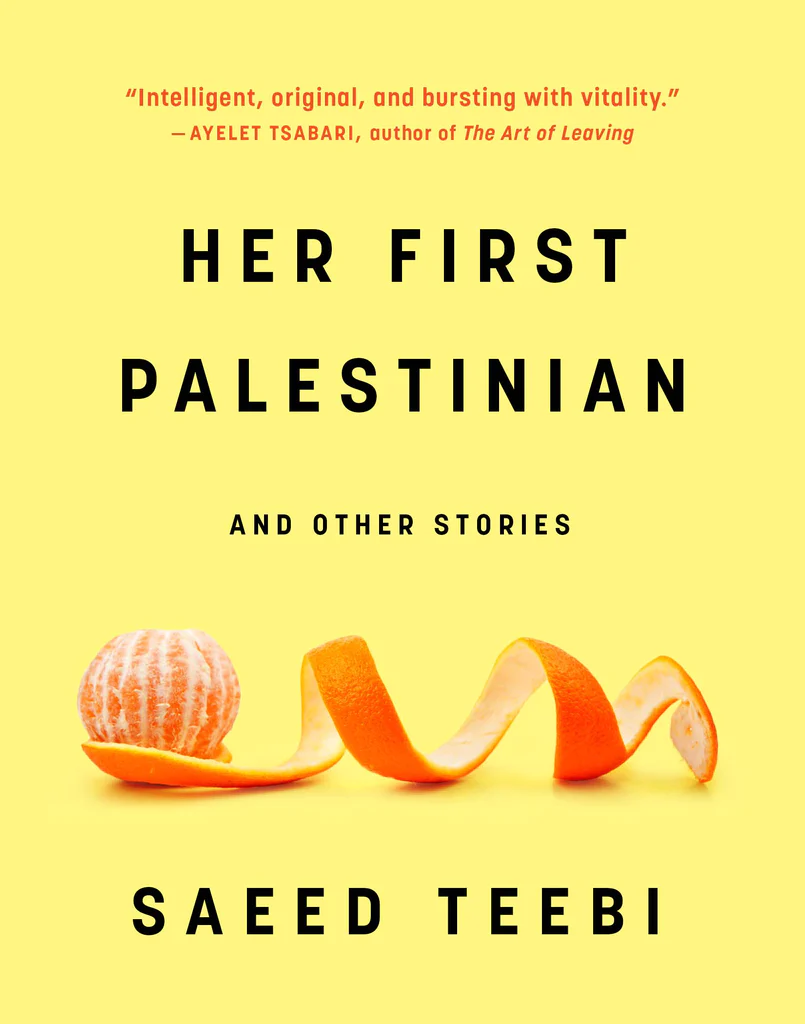Surojit Chatterjee came to Chicoutimi-Saguenay to celebrate the 20th year of existence of Mosaïque (a percussion and vocal band specialising in intercultural explorations). The public in Sagueany discovered his immense talent as a musician and singer; they also discovered his stature as a musician during an interview at Radio-Canada in which he was compared to the likes of Youssou N’dour of Senegal, Amadou and Mariam of Mali and Rachid Taha, the Algerian singer residing in France.
With 16 albums to his credit, this singer, song-writer, and composer averages 200 shows a year, performing all over the world. He co-founded the celebrated group ‘Bhoomi’ (the Earth) and also performs solo under the banner ‘Surojit o Bondhura’ (Surojit and Friends). He is also a director of music of several movies and plays and is actively engaged in numerous social causes. He also established an internet poetry club (Kobita Club) last year which now boasts 9,000 members.
Here is an excerpt of a conversation between Surojit Chatterjee and Jayanta Guha, co-founder of Mosaïque.
Jayanta
Music has been an intimate part of life in Bengal, and was in the forefront of the struggle for independence of India and as a matter of fact the British government banned the public singing of songs of Nazrul and others. The revival of Bengali folk music has been partly due to your effort as a musician, could you elaborate as to how this came about.
Surojit
Folk music had been part and parcel of our life from our inception and it is it is actually a part of our culture. Now we have become modernised and moving in rhythm with the rest of the world but when it comes to traditional activities like marriage, the bride and the bridegroom will always go back to the traditional customs. The folk culture is embedded in our system. In Bengal I think, the form of music has always been folk music. We don’t have the classical form of music so you don’t have a Bengal ‘Gharana’ (style of classical music), like for instance the Benares and Lucknow Gharanas. But folk music has enriched Bengal for so many years and by folk we do not mean a single style. Different regions of Bengal have different styles like in the region of Burdwan it was the start of Bhadu gan, in Purulia it is Chhok, in Birbhum the Baul, in Mymensingh the Bhatiali, Sari and Jari songs and in the whole of North Bengal it is the Bhawaiya and Jhumur. So you can see folk music in Bengal has a vast number of styles.
Personally, folk music came into my life from a very young age, and my interest lies not only on folk music of Bengal but also from other parts of the world. I am not sure if the revival of folk music of Bengal is partly due to my effort as a musician. Contrary to the ‘puritans’ I am interested in experimenting, although I feel there is place for both. My early childhood was in the district of Birbhum where I was steeped in folk music and learnt to play the tabla at the age of four. Moving to Kolkata when I was eleven, I discovered guitar and rock music. So my life is a fusion of city and village, folk and modern music. So later on when we established Bhoomi, this fusion helped my writing and composing. My thinking was that there is a place for change without imitating just the rock music which did not reflect what I am. I was inclined to blend the contemporary trend with traditional music and instruments like ektara, khamak, etc. So the first album in 1999 was a result of this thought process and it appealed to both the young and the old and thereby gave rise to a new sound which people started describing as contemporary folk. It made us happy to see the young musicians with a guitar in hand singing Baul-folk songs.
Jayanta
Since a long time Rabindranath Tagore’s song “Ekla cholo re” (if no one is heeding your call then go forward all by yourself) stirred me immensely as a “Music of Protest” and encouragement. You have written songs decrying situations of social and environmental injustice. Would you like to share this with us?
Surojit
I believe that I write songs which I liked to write except on command like film and theatre music. As far as non-film project like Bhoomi and my own solo albums, my music writing has been spontaneous so I haven’t sat down to write ‘protest songs’ as such although I feel that we should be doing it more seeing all the corruption and environmental disruptions. One of the songs I wrote ‘Kokilar Gan’ which was totally about the environment in conflict with modernisation. Recently I have written about sparrows disappearing because of unplanned mobile telephone tower interference, which is really sad. I don’t know about Canada, in our country people are putting up mobile-telephone towers everywhere without any planning or concern and the bottom line is generating profits. I think the government should set down laws to harmonize mobile tower installations and I hope my song will have some effect in making us more concerned and become less selfish as human beings.
In passing I would like to point out that the famous song of Rabindranath Tagore ‘Ekla Cholo Re’ has been inspired by an old Bengali traditional folk song ‘Harinam Niye Jagat Matale’.
Jayanta
What is your feeling about future of music in Bengal in general?
Surojit
The future of music is very bright because there has been a revolution over the last seven or eight years which started with bands becoming very successful like Bhoomi. Now there are six seven bands which are very popular all over Bengal. What has given rise from this revolution is that a lot of young kids are into music and they like to form their own band. In India, excluding music from South India of which I have very little knowledge, to me there are two kinds of popular music, the Bollywood and the non-Bollywood. The Bollywood music is more geared to commercial success whereas in Bengal the young generation is writing music out of passion for music and we should be paying attention to them since they are talking to us through their music. I am sure that something good will come out of this revolution and we constantly need to have good and fresh singers, good composers, and lyricists to take everything forward. When I am making music for movies and theatres I am always looking for new voices and I have discovered them from the young generation. I feel that a little bit of grooming could be beneficial to the young generation of music makers and we should have more workshops. So in general I feel the future of music in Bengal is very bright.












